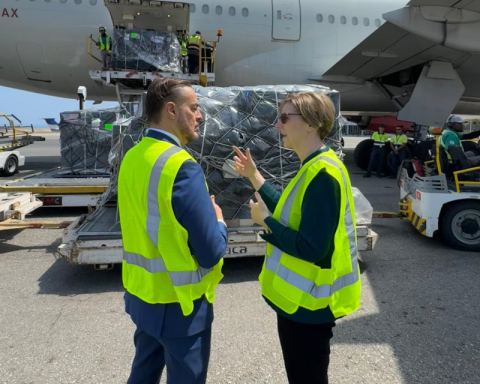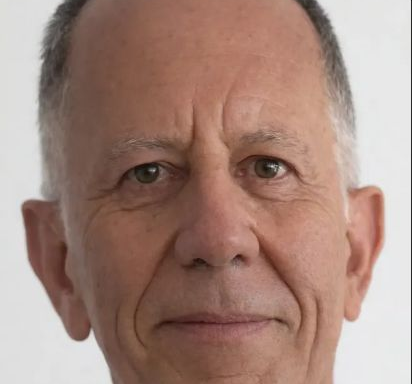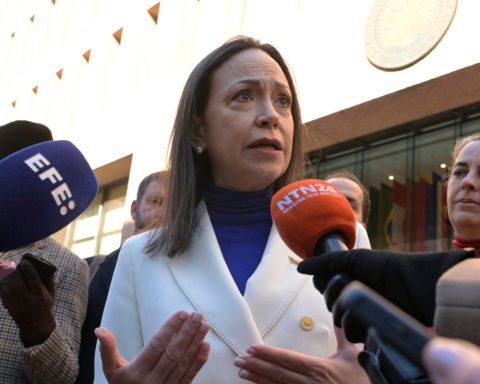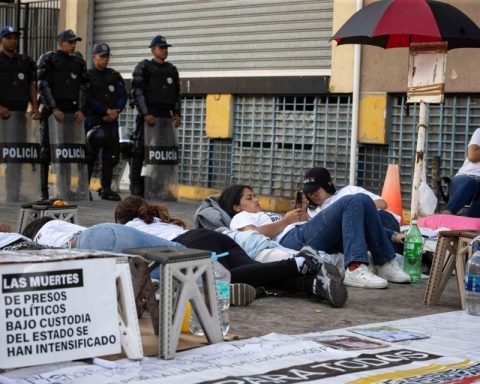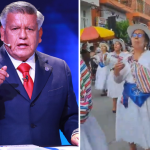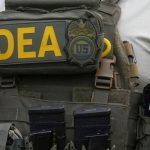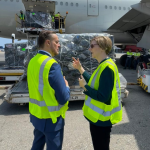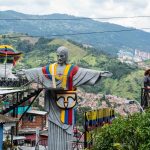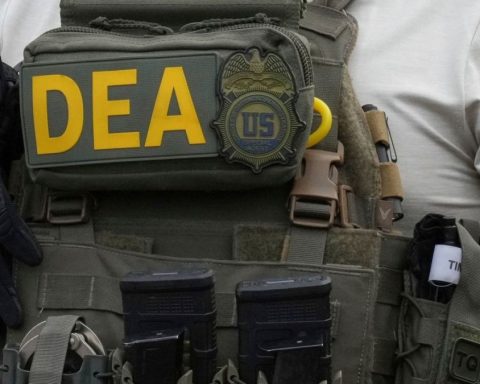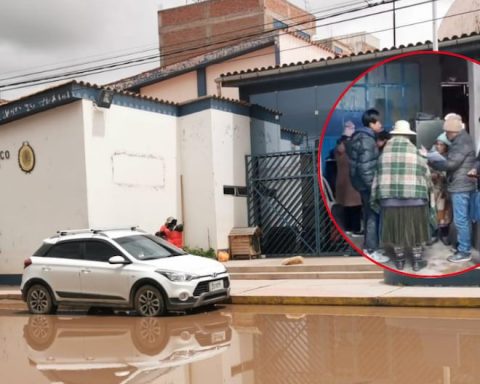An embezzlement similar to those currently made visible with the Anti-Corruption Operation, was detected a year ago by the Criminal Chamber of the Supreme Court of Justice, according to sentence 094 published on March 11, 2022.
The sentence, drafted by magistrate Maikel Moreno, indicates that “there is evidence of breach of the contract for the occasional sale of hydrocarbons, the supply of various shipments of Merey 16 and Special Hamaca Blend entered into between the Mercantile Society (Supraquimic), presumably owned by the defendants and the Petróleos de Venezuela Public Limited Company (PDVSA) on December 20, 2020”.
The shipments, made between December 26, 2020 and January 22, 2021, totaled 6,335,223 barrels, for which Supramquimic had to pay PDVSA $226,373,592.39 “that the state oil company stopped receiving.”
For this act, José Alfredo Llamozas González and Jean Carlos Foliaco Ardila, denounced by the PDVSA Legal Department, were prosecuted.
The investigations began on March 31, 2021 by officials attached to the Special Directorate of Criminal and Forensic Investigations of the General Directorate of Military Counterintelligence (Dgcim), who arrested Llamozas and Foliaco at the PDVSA La Campiña headquarters.
These people were brought before the 2nd Special Control Court with competence in cases related to crimes associated with Terrorism, where the Public Ministry accused them of their own fraudulent embezzlement and conspiracy. The Court accepted the crimes and decreed deprivation of liberty on April 2, 2021.
This decision was revoked on July 2, 2021 by Special Chamber 1 of the Court of Appeals, whose judges granted the two defendants a precautionary measure consisting of appearing every eight days at the anti-terrorist court.
Twenty days later, the file is sent to the Criminal Chamber of the TSJ at the request of its magistrates who analyzed the matter and agreed that the process be continued but by an ordinary control court, thus displacing the anti-terrorism court.
In this injunction exercised by the Chamber, its magistrates also decided that the Superior Prosecutor’s Office of the Public Ministry, corresponding to Caracas, “designate the fiscal representative who will continue to hear this case.”
the current
On Friday, March 17, the National Police against Corruption issued a statement informing that it requested the Public Ministry the criminal prosecution of public officials belonging to PDVSA, who could be involved in criminal acts. That same day, Joselip Ramírez, head of the National Superintendence of Cryptoactives (Sunacrip) as well as Antonio Pérez Suarez, vice president of PDVSA, were arrested.
The next day, Últimas Noticias published a report where the existence of sales of crude oil whose foreign currency did not enter the State was reported, which yielded a figure of 3 billion dollars, according to sources linked to the oil industry.
Seven days later, specifically on Saturday March 25, the Attorney General, Tarek William Saab, informed the country of the arrest of 11 businessmen and 10 public officials as alleged participants in what the Public Ministry called the Pdvsa-Crypto corruption plot.
That day, the Attorney General described a scheme that involved “parallel operations to Pdvsa” through the use of cryptocurrencies, which meant the diversion of monetary resources from the sale of oil. Saab did not specify how much the property damage caused to Venezuela amounted.
